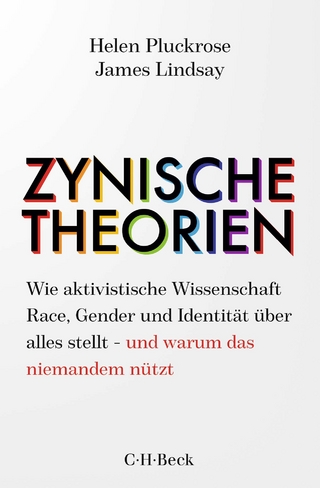
Collective Preference and Choice
Cambridge University Press (Verlag)
978-0-521-72213-1 (ISBN)
Collective decision-making is a familiar feature of our social, political, and economic lives. It ranges from the relatively trivial (e.g. the choice of the next family car) to the globally significant (e.g. whether or not a country should go to war). Yet, whether trivial or globally significant, such decisions involve a number of challenging problems. These problems arise in the standard social choice setting, where individuals differ in their preferences. They also arise in the standard decision-making setting, where individuals share the same preferences, but differ in their decisional capabilities. The distinctive feature of Collective Preference and Choice is that it looks at classical aggregation problems that arise in three closely related areas: social choice theory, voting theory, and group decision-making under uncertainty. Using a series of exercises and examples, the book explains these problems with reference to a number of important contributions to the study of collective decision-making.
Shmuel Nitzan is Sir Isaac Wolfson Professor of Economics at Bar-Ilan University, Israel. He is the author (with Jacob Paroush) of Collective Decision Making (1986) and (with Gil Epstein) of Endogenous Public Policy and Contests (2007). His research focuses on political economy, social choice, collective decision-making, public economics, and voting theory.
List of figures; List of tables; Preface; Acknowledgments; Part I. Introduction: 1. The reason for the problems; 2. Brief overview of the problems; 3. The relationship between preferences and choice; Part II. Different Preferences: 4. Do social preferences exist? Arrow's and Sen's impossibility theorems; 5. The desirable collective decision rule: axiomatization; 6. Rule selection based on the compromise with the unanimity criterion; 7. Paradoxes of voting; 8. Majority tyranny and expression of preference intensity; 9. The problem of inefficient provision of public goods; 10. Do individuals reveal their true preferences?; Part III. Identical Preferences – Different Decisional Skills: 11. Which rule is better: the expert rule or the simple majority rule? Decisional errors in dichotomous choice and Condorcet's jury theorem; 12. The optimal decision rule under uncertain dichotomous choice; References; Index.
| Erscheint lt. Verlag | 10.12.2009 |
|---|---|
| Zusatzinfo | 1 Tables, unspecified; 7 Line drawings, unspecified |
| Verlagsort | Cambridge |
| Sprache | englisch |
| Maße | 150 x 226 mm |
| Gewicht | 440 g |
| Themenwelt | Sachbuch/Ratgeber ► Geschichte / Politik ► Politik / Gesellschaft |
| Geisteswissenschaften ► Psychologie ► Sozialpsychologie | |
| Sozialwissenschaften ► Politik / Verwaltung ► Vergleichende Politikwissenschaften | |
| Sozialwissenschaften ► Soziologie | |
| Wirtschaft ► Volkswirtschaftslehre | |
| ISBN-10 | 0-521-72213-6 / 0521722136 |
| ISBN-13 | 978-0-521-72213-1 / 9780521722131 |
| Zustand | Neuware |
| Haben Sie eine Frage zum Produkt? |
aus dem Bereich


